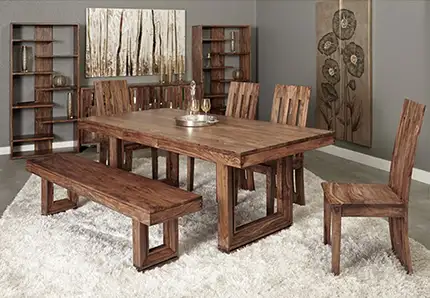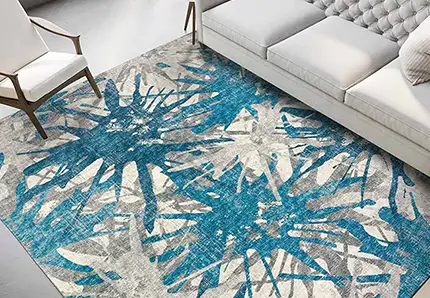Home
We ship across the US
Pick Up Today Or Have It Delivered Tomorrow

Need Help? Call
(941) 359-2255 ext 305

Marble Care
Marble is a beautiful and luxurious material, but it requires special care to keep it looking its best. Here are some tips for caring for your marble surfaces:
1. Daily Cleaning
- Wipe up spills immediately to avoid staining. Marble is porous and can absorb liquids quickly.
- Use a soft cloth or sponge with warm water and mild dish soap for regular cleaning. Avoid abrasive pads or harsh cleaning tools that can scratch the surface.
2. Avoid Acidic Substances
- Never use vinegar, lemon juice, or acidic cleaners, as these can etch or dull the marble surface.
- Protect marble surfaces from spills of citrus juices, wine, coffee, and other acidic or staining substances.
3. Sealing the Marble
- Apply a high-quality marble sealer periodically (typically every 6-12 months, depending on usage and type of marble). The sealer creates a protective barrier to minimize stains and etching.
- Follow the manufacturer’s instructions carefully when applying the sealer.
4. Use Protective Pads and Coasters
- Place coasters under glasses and mugs to prevent water rings or heat marks.
- Use mats, trivets, or placemats under hot dishes and cookware to protect against heat damage.
5. Avoid Heavy or Sharp Objects
- Do not place heavy or sharp objects directly on marble, as they may cause scratches, chips, or cracks.
- Consider using felt pads on the bases of decorative items and furniture.
6. Handling Stains
- For organic stains (e.g., coffee, wine), make a paste of baking soda and water, apply it to the stain, cover it with plastic wrap, and let it sit for 24 hours before gently wiping it off.
- Oil-based stains (e.g., grease) can be treated with a gentle cleaner specifically designed for stone surfaces.
7. Polishing Marble
- Marble can be polished to restore its shine, but this process is best left to professionals or done using products specifically designed for marble.
- Be cautious with DIY polishing products, as incorrect use may damage the surface.
8. Avoid Abrasive Cleaners
- Steer clear of products containing bleach, ammonia, or other harsh chemicals. These can dull the finish and cause long-term damage.
- Use a pH-neutral cleaner designed for stone surfaces when needed.
9. Control Humidity and Temperature
- Avoid exposing marble to extreme temperatures or humidity fluctuations, as this can cause cracking or discoloration over time.
10. Treating Marble Surfaces, the Same as Wood Surfaces
- Marble may be stone, but it is porous stone and can stain easily. Treating marble surfaces the same as wood surfaces is a great rule of thumb.
With consistent care, your marble surfaces will remain elegant and in excellent condition for years to come.
Furniture Care Categories
Information
Finance Options Domestic Delivery Export Shipping Track Your Delivery Frequent Questions Weekly AdsSecure Gateway


2026 © The Furniture Warehouse | All Rights Reserved













